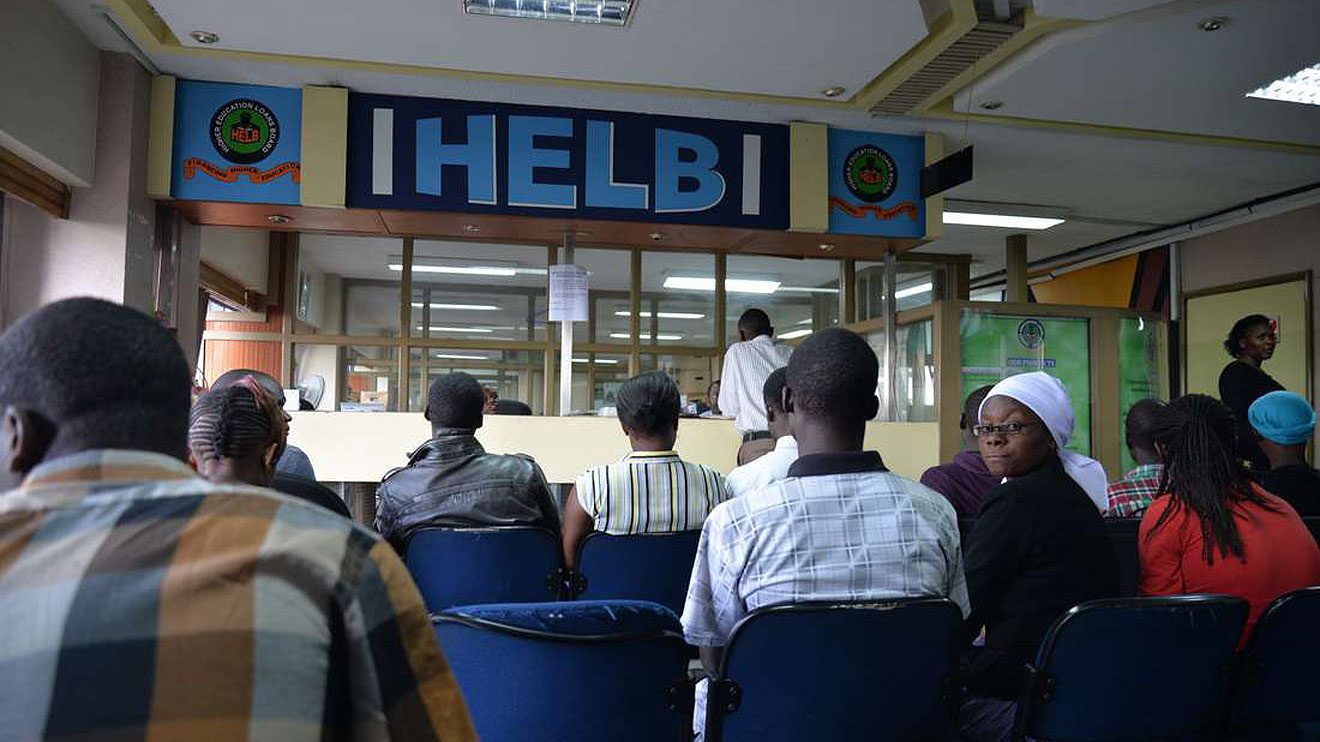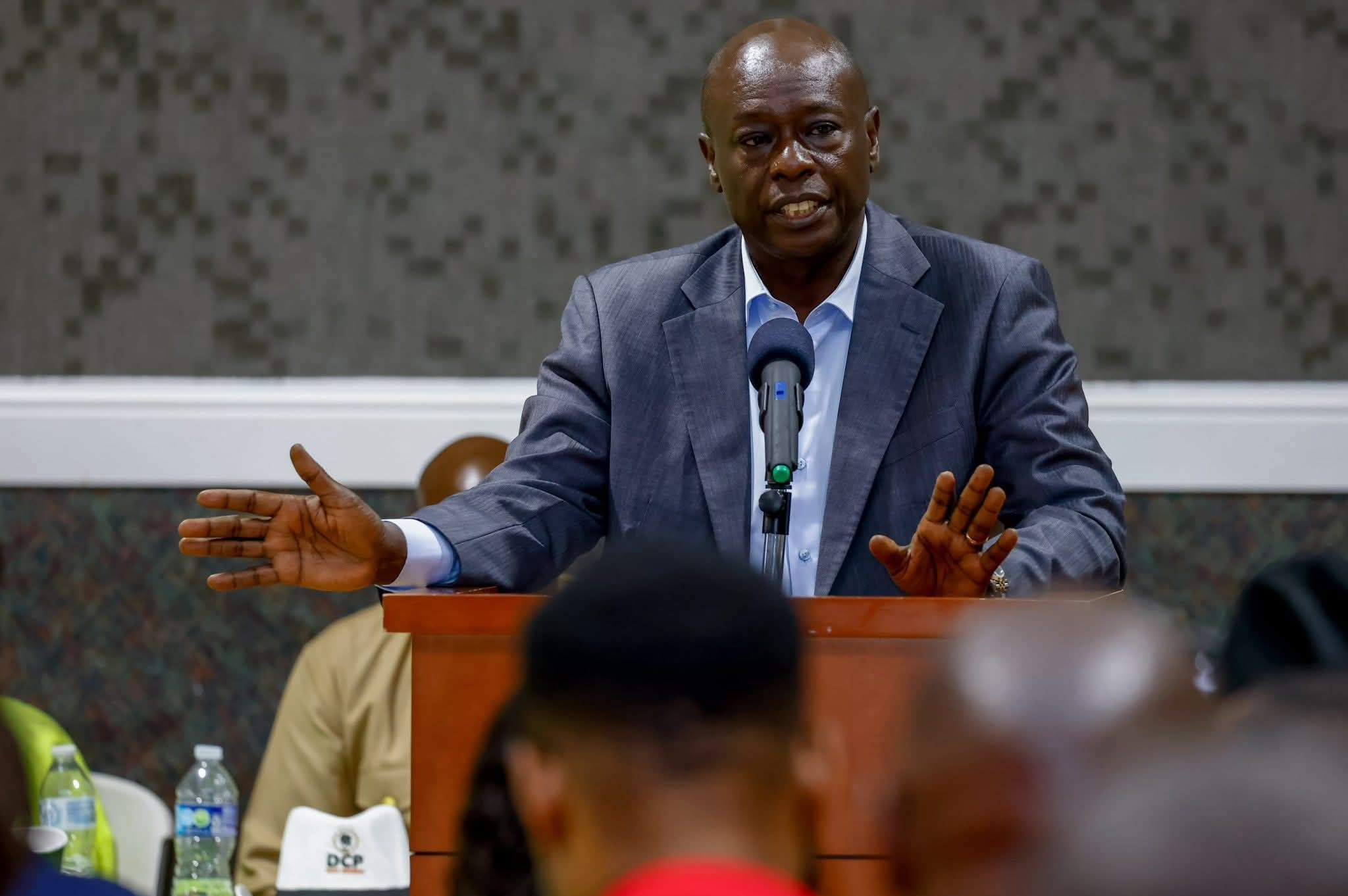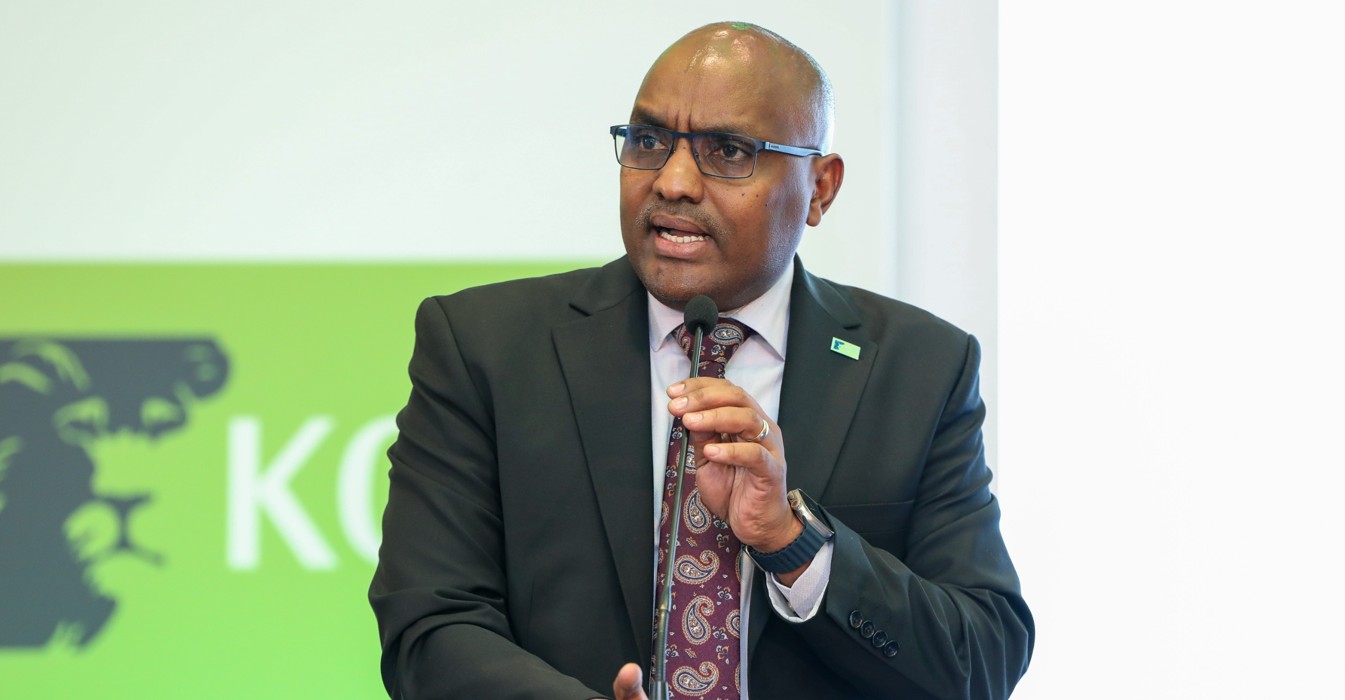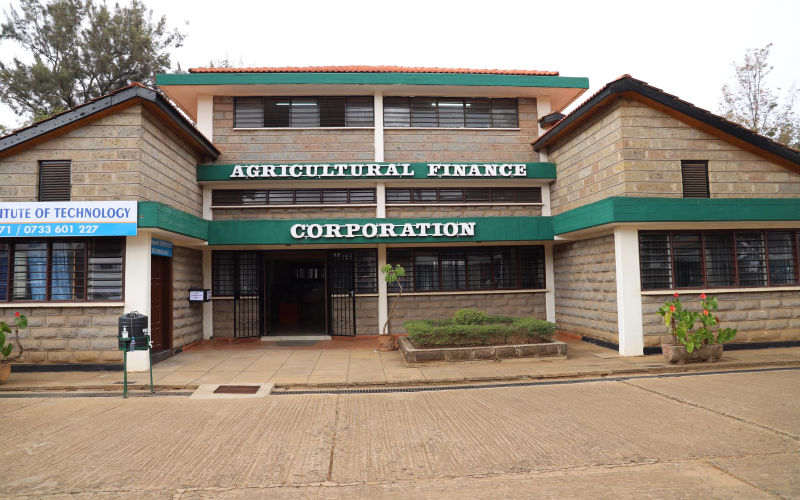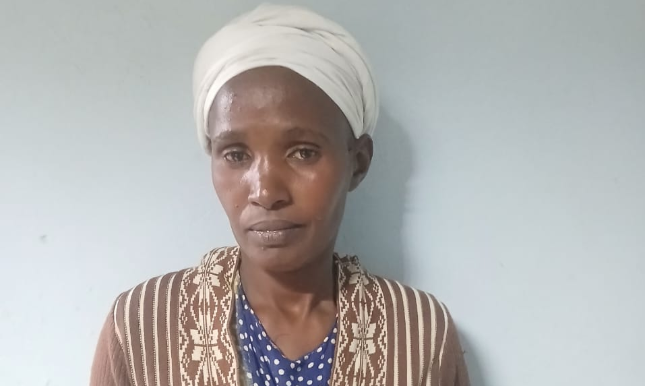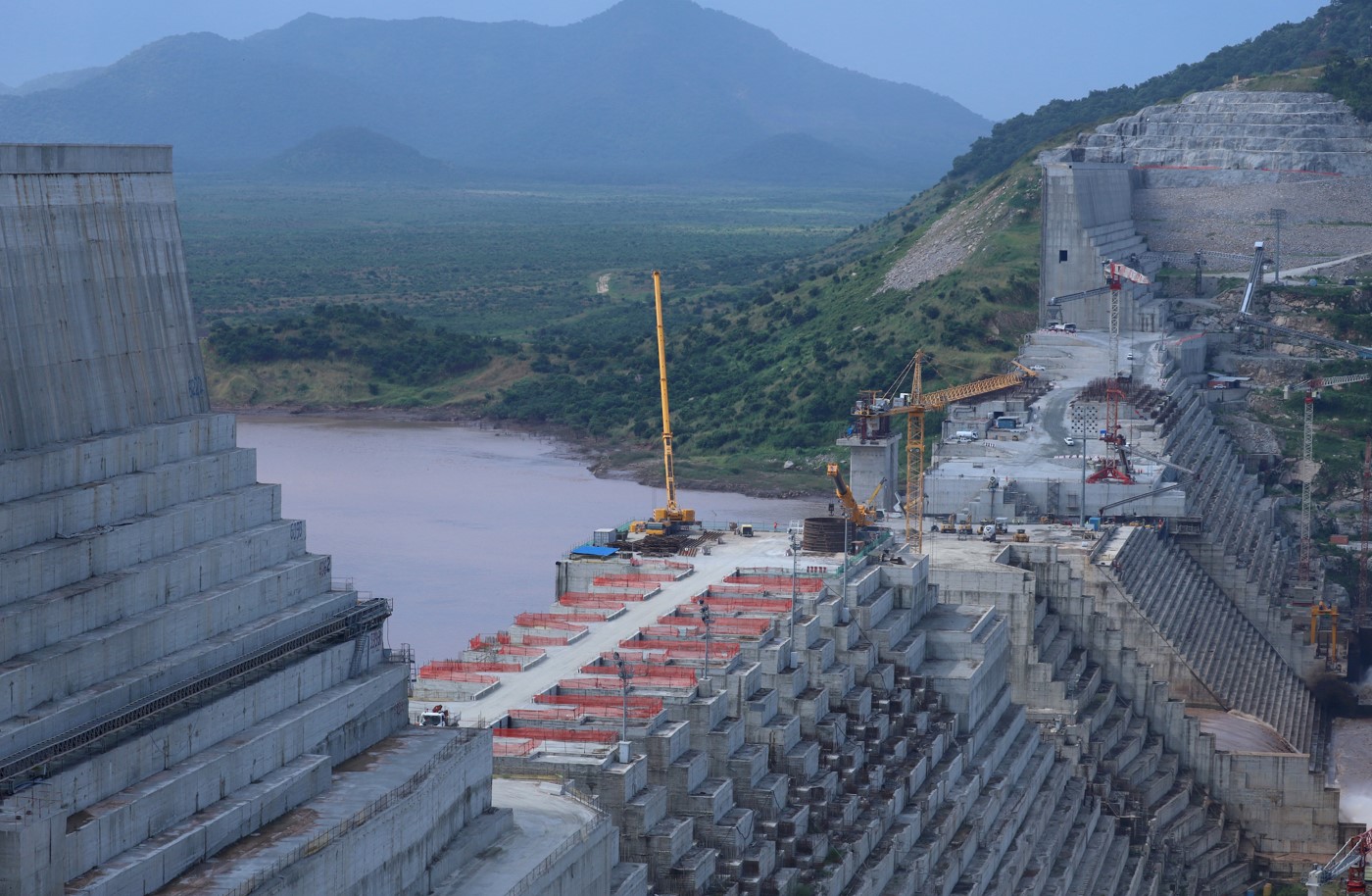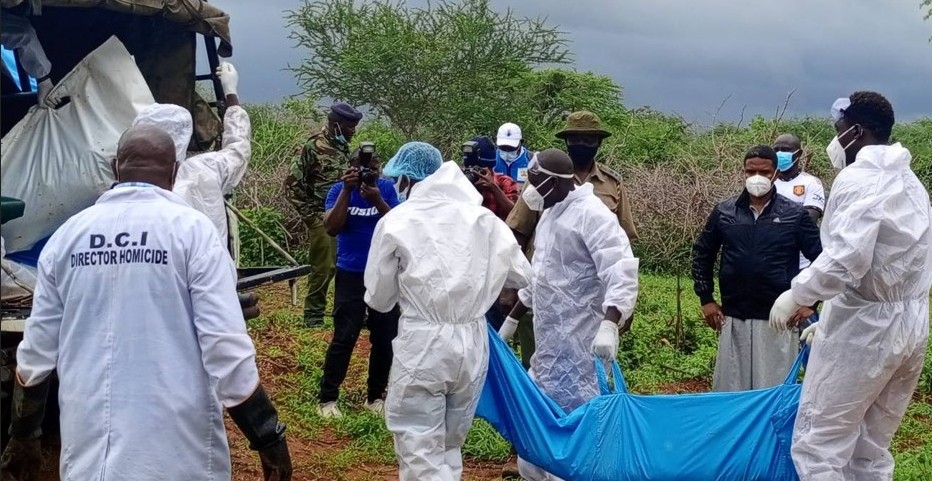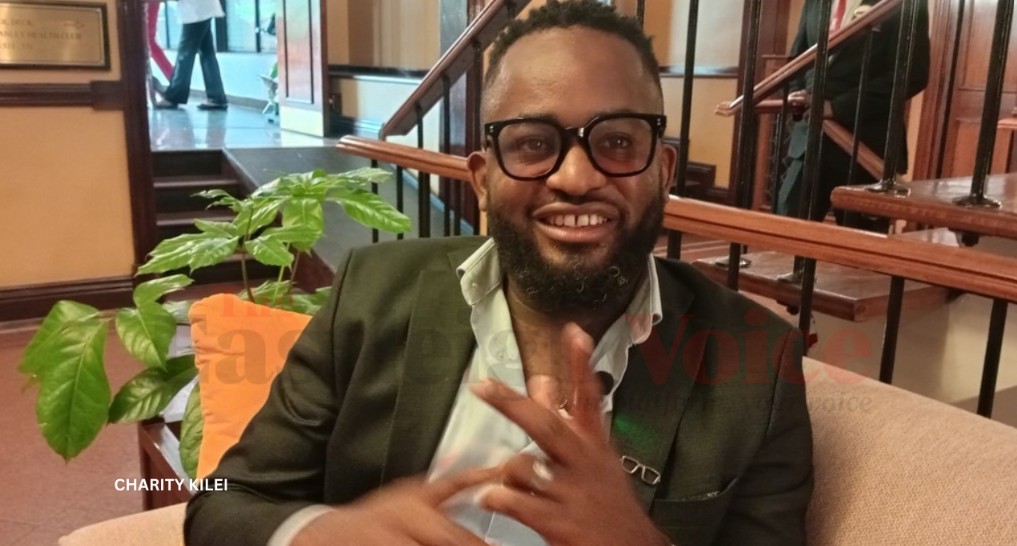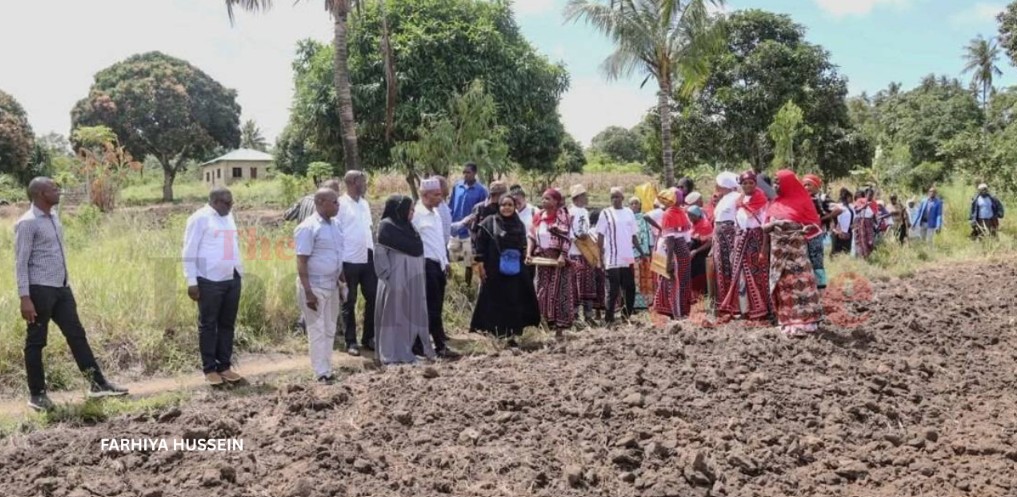MCK cites The Eastleigh Voice's DRC reporting in push for unified EAC journalist accreditation system
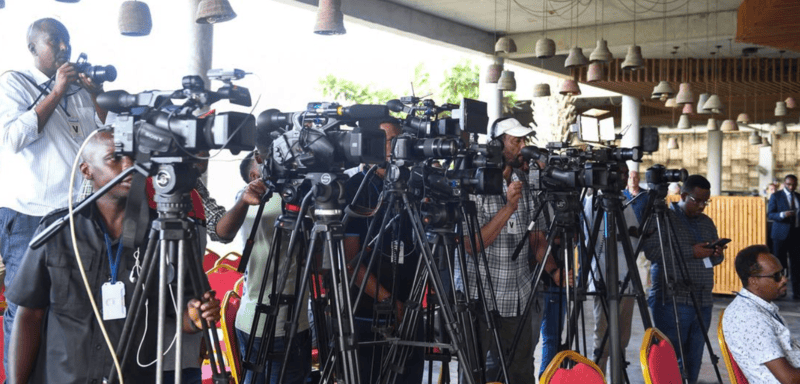
The editorial praised Amina’s ability to see beyond trauma and tell a more nuanced African story — one grounded in empathy, shared experience, and cultural context.
The Media Council of Kenya (MCK) is calling for a unified accreditation system for journalists across East African Community (EAC) member states — and it's using powerful local reporting to make its case.
In the latest edition of The Media Observer (Issue 26), MCK spotlighted an article by The Eastleigh Voice journalist Amina Wako, whose coverage from Goma, in eastern Democratic Republic of Congo (DRC), challenges conventional portrayals of conflict zones and emphasises the need for African-led storytelling.
More To Read
- More than three million displaced people return home in DRC despite ongoing conflict
- IEBC proposes shared broadcast signal to restore trust in 2027 polls
- EAC to set up joint taskforce and offender database to curb SGBV, cross-border crimes
- High Court stops swearing-in of Media Council board members appointed by CS Kabogo
- East African Community launches unified customs bond to ease regional trade amid ongoing tensions
- EAC warns partner states against unilateral directives undermining Common Market Protocol
Goma, often defined in international media by war and humanitarian crises, was depicted by Amian as a city of resilience and vitality.
“I expected ruin. Collapsed buildings. Blackened rubble,” she wrote. “But the destruction I had envisioned wasn’t there. Sure, scars of conflict existed, but they were subtle, shadowed by a city that had somehow refused to stop living.”
The editorial praised Amina’s ability to see beyond trauma and tell a more nuanced African story — one grounded in empathy, shared experience, and cultural context.
“A parachute journalist landing in Goma from any of the world’s large news organisations would never have seen all that,” the editorial stated. “African journalists reporting about Africa see differently. They are telling the stories of their brothers and sisters, not total strangers. Their eyes are not tinted with centuries of entrenched prejudice.”
Amina’s encounter with a Congolese girl who dreamed of becoming a journalist became a central image in MCK’s argument — illustrating not just the value of African journalists, but also the emotional and cultural proximity they bring to their work. “That is why Goma reminds Amina of Mombasa,” the editorial continued. “She can connect.”
The Council warned that many Africans still view the continent through the "jaundiced eyes" of foreign media, which often emphasise despair and disorder. This narrow lens fuels hopelessness and distorts reality.
The answer, MCK says, lies in empowering African journalists to tell more layered, hopeful, and human-centred stories — and in removing the red tape that restricts their ability to do so.
Currently, reporters like Amina face significant bureaucratic and legal hurdles when trying to report across borders. MCK cited a 2020 incident where two Kenyan journalists were arrested in Tanzania while covering the COVID-19 pandemic as a cautionary example of how the absence of regional accreditation puts media freedom — and journalists — at risk.
The push for reform gained further momentum at the recent Pan-African Media Summit in Arusha, Tanzania, where MCK CEO David Omwoyo was elected Chair of the East African Press Councils (EAPC) — a body formed in 2023 to promote press freedom, harmonised media regulation, and regional collaboration.
Speaking to The Star on the sidelines of the summit, Omwoyo emphasised the urgency of establishing mutual accreditation among EAC member states.
“As a first priority, we are working towards cross-border recognition of accreditation to allow media professionals to work in any member country without the need for new accreditation,” he said.
“Secondly, we will work with the EAC to develop common media standards across the region.”
Under its new leadership, the EAPC plans to advocate for a regional media protocol and conduct a state-of-the-media survey across the East African region — initiatives that could lay the groundwork for meaningful integration and collaboration among African journalists.
Top Stories Today
